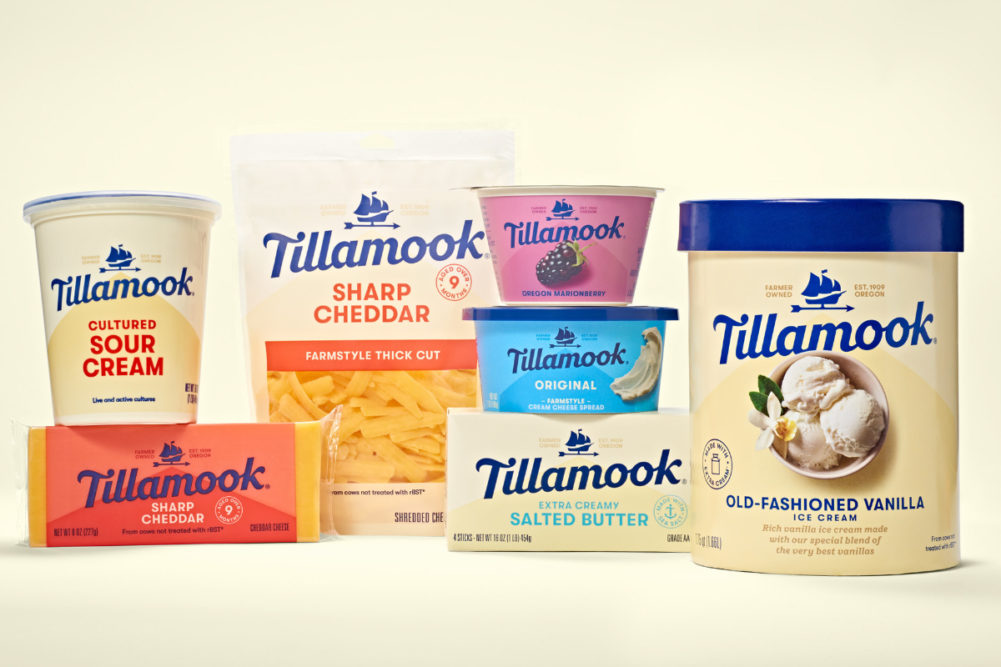TILLAMOOK, ORE. – Tillamook County Creamery Association outlined how it plans to achieve specific dairy industry climate action goals by 2050.
The Oregon-based cooperative committed to achieve greenhouse gas neutrality, optimize water use efficiency while maximizing recycling and improve water quality by optimizing utilization of manure and nutrients.
In order to stimulate progress toward its net zero goals, Tillamook is targeting a goal of 30% reduction in Scope 1, 2 and 3 greenhouse gas emissions by 2030.
Paul Snyder, Tillamook’s executive vice president of stewardship, said the Certified B Corporation and its farmers operate with the future in mind.
"Since our founding in 1909, our farmer-owners have built everything with a long-term outlook to ensure that farms and communities are here for generations to come,” Snyder said. “That's why being good stewards of cows and farms, of people and products, of our communities and the environment, is central to everything we do."
As part of its environmental sustainability goals, Tillamook put in place a climate action plan that involves more than 25 actions to meet its goals for 2030. Its plan takes into account strategies for the cooperative’s facilities, fleet, packaging and on-farm practices.
Snyder said the electricity, steam and fuel Tillamook uses for its processing plants, offices and fleet accounts for 3% of its total Scope 1 and 2 emissions.
"The biggest challenge we face in meeting our climate commitment will be engaging our supply chain partners to reduce Scope 3 emissions, which make up 97% of our total emissions,” he said.
On the energy efficiency front, Tillamook shared that in 2021 it took energy reduction steps that are estimated to save 200,000 kWh and 142 metric tons of CO2-eq each year.
Additionally, while the cooperative aims to achieve 100% renewable energy use by 2030, 85% of the electricity Tillamook purchases already comes from renewable sources. It plans to improve upon that number with on-site renewables and renewable energy certificates.
Tillamook shared it will convert its fleet of 16 diesel trucks to alternative, low-carbon fuels by 2030. It also is making use of external carriers vie the EPA SmartWay program, which is designed to improve freight transportation efficiency.
Processing plants operated by Tillamook have committed to reducing food waste by 50% by 2030, through diverting food waste to animal feed and avoiding waste.
The climate action plan also involves packaging goals. Tillamook is increasing recycled content to 50% with paper packages and 20% with plastic packages by 2025. By 2030, it committed to 100% of its packaging solutions being either recyclable, reusable or compostable.
On farms, Tillamook’s initiatives involve dairy biodigesters for converting manure waste, piloting an all-natural manure tank additive on farms in Tillamook County, reducing enteric emissions from cows and regenerative agricultural practices such as cover cropping, low or no till and compost application to feed production areas.
Snyder said implementing Tillamook’s climate action plan will take continual collaboration throughout its cooperative and supply chain, as well as with its customers.
"While we don't have all the answers, we do have a dedication to continuous Improvement, a challenger mindset and inspiration from our farmers that will help protect and preserve our ecosystems now and for future generations,” he said.

